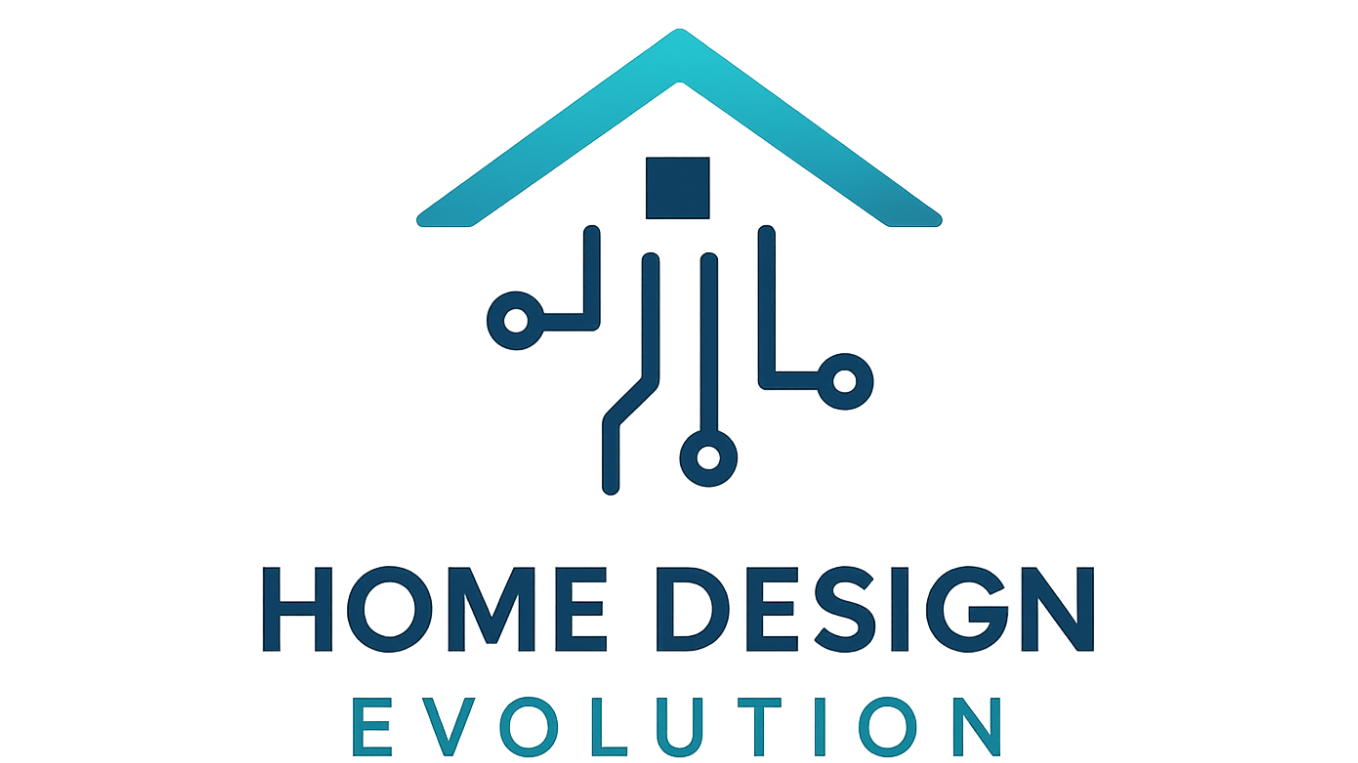
Revolutionizing Our Lives: The Impact of Groundbreaking Inventions
Innovation has always been at the heart of human advancement. As we navigate the complex landscape of the 21st century, many inventions hold the potential to profoundly change our lives and reshape our built environment. From smart homes to energy-efficient technologies, today's inventions not only make living easier but also more sustainable.
The Rise of Smart Living: Home Automation Technology
In recent years, smart home technology has transformed how we interact with our living spaces. Devices powered by the Internet of Things (IoT) allow homeowners to control lighting, heating, and security systems remotely via their smartphones. For instance, smart thermostats can optimize energy use, helping families save on utility bills while reducing their carbon footprint. As smart living gains popularity, the integration of AI into these devices promises a future of even greater convenience and efficiency.
Building Green: Innovations in Eco-Friendly Construction
The emphasis on sustainability has led to exciting developments in building materials and methods. Innovations like cross-laminated timber and recycled plastic bricks are paving the way for eco-friendly homes that weigh less on the planet's resources. In addition, energy-efficient designs that utilize natural light and renewable resources are becoming a cornerstone in modern architecture. As awareness of environmental issues continues to rise, the construction industry must adapt to these changes.
Renewable Energy Sources: A Path Toward a Sustainable Future
One of the most significant challenges we face today is the reliance on fossil fuels. Fortunately, advances in renewable energy technologies such as solar and wind power are changing the game. Solar panels have become more efficient and affordable, making them accessible for the average homeowner. Similarly, advances in battery storage are enabling households to store energy for later use, ensuring a consistent power supply regardless of sun or wind availability. By lessening our dependence on non-renewable resources, these innovations contribute to a cleaner, healthier planet.
The Importance of Smart Design: Maximizing Space and Efficiency
With urban living on the rise, maximizing living spaces has never been more critical. Innovations in architectural design focus on creating multifunctional areas that adapt to the changing needs of homeowners. For example, modular furniture allows for improved flexibility and storage solutions in small living spaces. As more people opt for urban living, smart design principles will become essential in ensuring comfort and utility without sacrificing aesthetics.
The Power of Artificial Intelligence: Shaping Our Homes
Artificial intelligence is not merely a trend but a tool that can enhance everyday living. AI can streamline home management tasks and provide personalized experiences, making life easier. For instance, AI-powered assistants might learn individual preferences, adjusting lighting, temperatures, and entertainment options based on the habits of the occupants. This automation fosters a unique home environment tailored to each family member's needs.
Counterarguments: The Double-Edged Sword of Innovation
While new inventions bring numerous benefits, they also pose challenges. Privacy concerns, particularly in the realm of smart home devices, have sparked debates about data security and surveillance. Homeowners must navigate the balance between convenience and privacy, ensuring that their personal information remains protected. Moreover, as society embraces technology, there is a risk of creating a divide where not all individuals have access to these advancements.
Future Innovations: What Lies Ahead?
As we look toward the future, the potential for new inventions is vast. Future innovations may include advancements in sustainability that leverage blockchain technology for energy efficiency, or even construction methods using 3D printing. These emerging technologies can fundamentally alter the building industry, creating homes that are not only smart but also sustainable and accessible.
Conclusion: Embracing Change for a Better Tomorrow
The inventions that are on the horizon have the potential to shape our world dramatically. As homeowners, staying informed about these changes can empower us to make choices that align with our values—be it embracing sustainable practices or integrating smart technology. The call to action is clear: let's not only be passive observers of innovation but also proactive participants in integrating these advancements into our lives for a better tomorrow.
 Add Row
Add Row  Add
Add 



Write A Comment